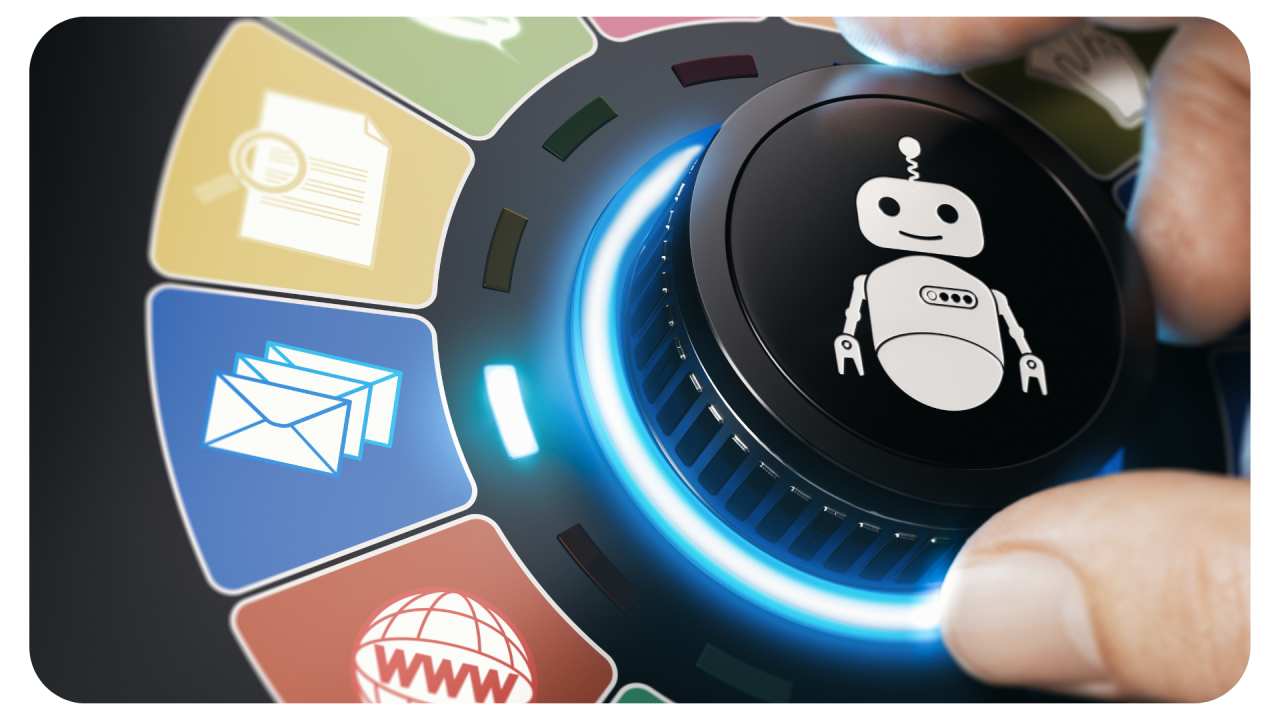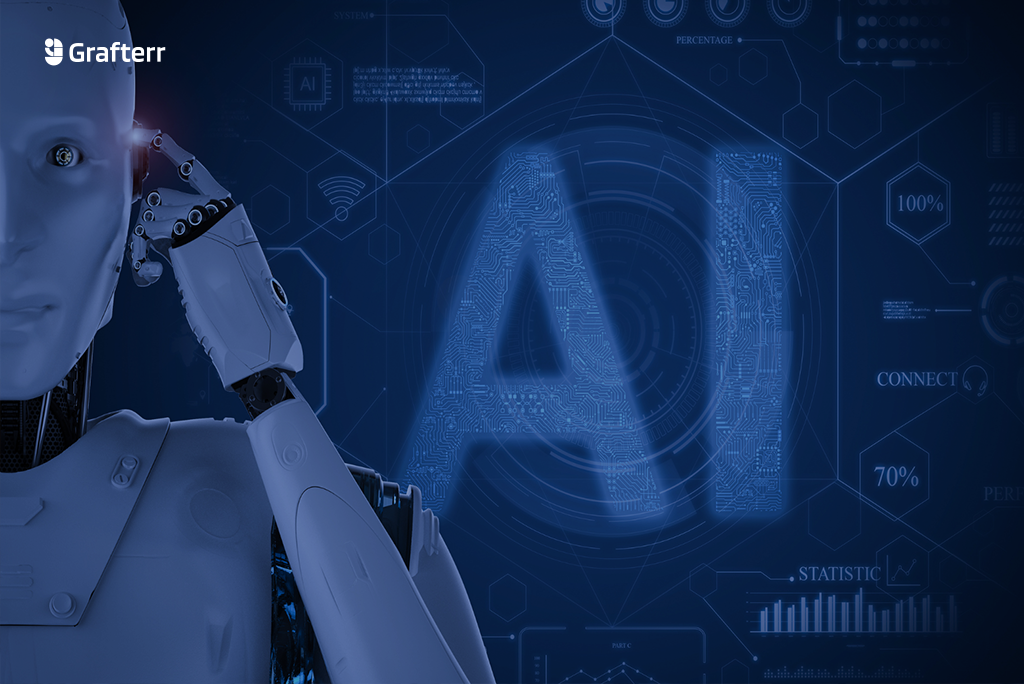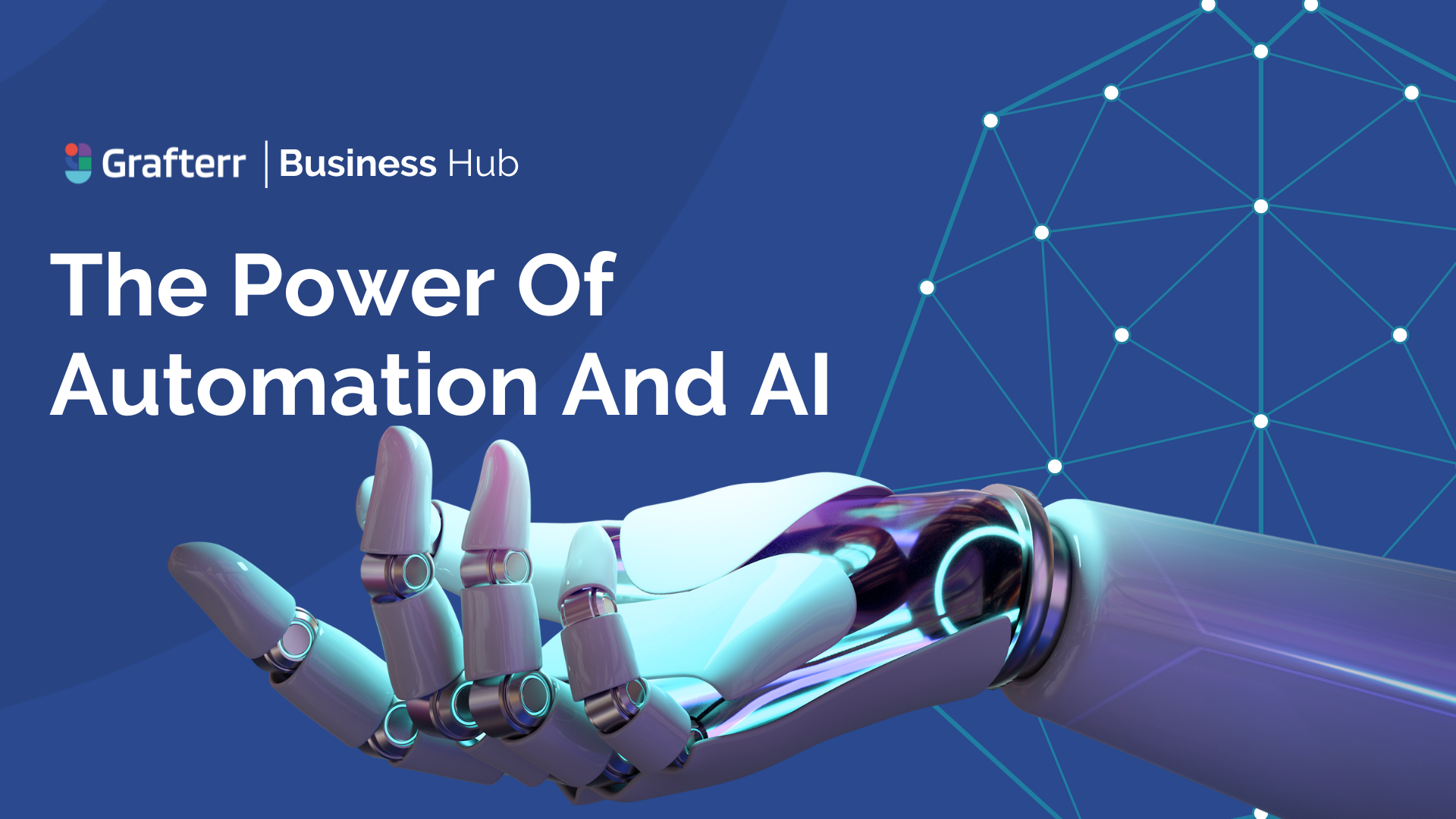In today’s fast-paced business environment, streamlining operations and maximizing efficiency are crucial for success in the hospitality industry. As the industry embraces technological advancements, AI automation is emerging as a powerful tool to enhance operational optimization and improve the guest experience. In this article, we will explore in detail how AI technologies, such as chatbots, automated booking systems, and AI-powered analytics, are revolutionizing the hospitality sector by streamlining processes and reducing manual workload for small and medium-sized enterprises (SMEs).
In this article, we will explore the remarkable power of AI and its profound impact on various aspects of the hospitality industry. By harnessing the capabilities of AI, hospitality businesses can unlock new efficiencies, uncover valuable insights, and create a competitive edge in an increasingly dynamic and guest-centric landscape.
I. Enhanced Dining Experiences
One of the key strengths of AI lies in its ability to deliver personalized and memorable dining experiences. Through AI-driven technologies like natural language processing and machine learning, restaurants can gain a deeper understanding of their customers, their preferences, and their needs. This enables the delivery of customized recommendations, tailored promotions, and personalized service. For example, AI-powered chatbots can provide instant and accurate responses to customer inquiries, ensuring efficient communication and service. AI-driven recommendation systems can suggest menu items based on customer preferences and dietary restrictions, enhancing the overall dining experience.

II. Operational Efficiency and Automation
AI excels at automating repetitive tasks and optimizing operational processes, leading to increased efficiency and productivity in restaurants. By leveraging machine learning algorithms, restaurants can automate order taking, food preparation, and inventory management, freeing up staff resources to focus on delivering exceptional service. For instance, AI-powered self-ordering kiosks or mobile apps can streamline the ordering process, reducing wait times and improving order accuracy. In the kitchen, AI-driven robotics can automate food preparation tasks, such as slicing, dicing, and frying, ensuring consistency and speed.
AI-driven analytics enable SMEs in the hospitality industry to make data-driven decisions for operational effectiveness. By analyzing large volumes of data, AI algorithms can identify patterns, trends, and insights that can help optimize various aspects of operations. This includes forecasting demand, optimizing inventory management, and dynamically adjusting pricing strategies to maximize revenue.

III. Data-driven Decision-Making and Insights
AI has the potential to revolutionize decision-making processes within the restaurant industry by analyzing vast amounts of data and providing actionable insights. With AI-powered analytics tools, restaurants can uncover patterns, trends, and correlations within customer data, enabling more informed and data-driven decision-making. For example, AI algorithms can analyze customer preferences and ordering patterns to personalize menu offerings and optimize pricing strategies. AI-powered sentiment analysis can also monitor customer feedback and reviews, providing valuable insights for service improvement and reputation management. One of the key benefits of AI automation in the hospitality industry is the ability to automate repetitive tasks and optimize workflows.
IV. AI-Powered Marketing and Customer Engagement
AI fuels marketing and customer engagement in the restaurant industry by helping businesses identify target audiences, personalize marketing campaigns, and drive customer loyalty. Through machine learning algorithms, restaurants can analyze customer data, social media interactions, and online reviews to segment customers and create targeted marketing campaigns. AI-powered chatbots or virtual assistants can engage with customers on various platforms, providing personalized recommendations, answering inquiries, and assisting with reservations. This enhances customer engagement and strengthens brand loyalty.

Conclusion
As the hospitality industry continues to evolve, AI automation offers significant advantages for SMEs in streamlining operations and improving efficiency. From task automation and workflow optimization to guest experience enhancement and resource optimization, AI technologies empower businesses to achieve seamless operations and boost their competitiveness.
By embracing the power of AI, SMEs in the hospitality sector can streamline processes, reduce manual workload, and ultimately provide exceptional experiences for their guests. It’s clear that AI-driven automation is revolutionizing the way the industry operates, and its potential for further advancements is boundless. With the right implementation and integration, AI automation can transform the hospitality sector, driving growth, and ensuring long-term success.
The power of AI to innovate and automate in the restaurant industry is undeniable. From enhancing dining experiences to optimizing operations and marketing efforts, AI is transforming the way restaurants operate and thrive in a competitive landscape. As AI technologies continue to advance, it is crucial for restaurants to embrace these innovations and adapt to the changing customer expectations.
Supercharge your business growth:
Join our community for exclusive content and stay ahead of the curve




